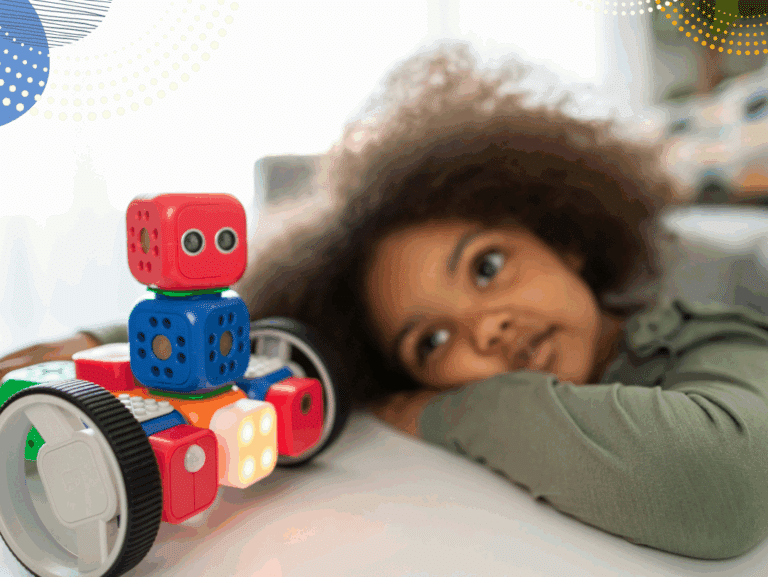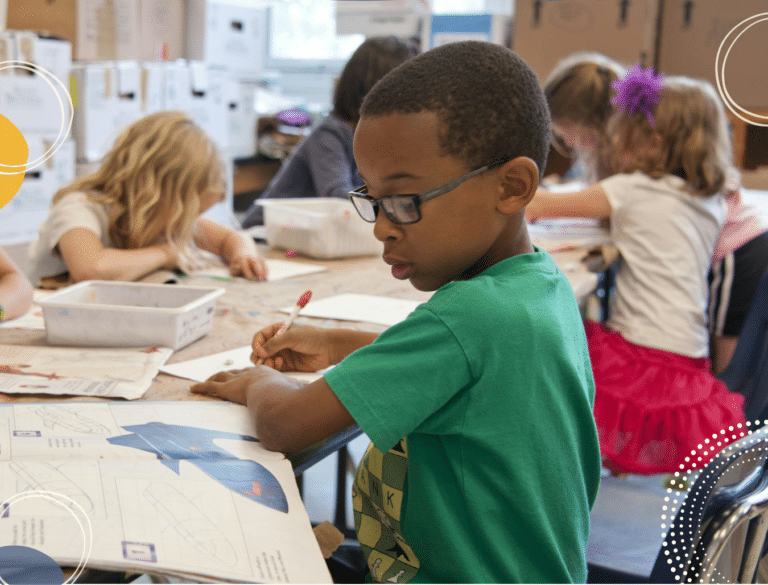Helping children with friendship problems
Helping children with friendship problems is all about listening and empowering and very little about giving advice. There are some clear Do’s and Don’ts. But before we get to those, let’s start with thinking about why your child might be talking to you about their friendship problems in the first place.
At work, when colleagues come to talk to us, they are usually looking for a definite answer, or a solution to a problem… When children interact with us, however, the purpose of that communication is a little different. Children are not looking to us for an answer, they are trying to understand the question… By connecting with us, they are looking to understand the situation they are in and the emotion they are feeling (and to know it’s OK to feel that way). They don’t need to be given an answer, they need to be helped to understand the situation and their feelings about it well enough that they can find their own answer.
The Work/Parent Switch, Anita Cleare
Always start from the understanding that your child is the expert in their own friendship scenario. What they need from you is a safe space to work through their thoughts and feelings so they can move forward, not a list of recommended action points or advice.
If your daughter is telling you about a friendship problem, it is firstly because she wants to speak – so that she can work through her thoughts and hurts – not because she wants to listen to your wisdom. What your child needs from you is to feel heard, accepted and understood so she can find her feet.
Here are my golden tips for parents helping children with friendship problems:
DO listen. Stop what you are doing and pay attention. Don’t fire off an answer with half your brain on something else.
DON’T dismiss her concerns. You may think that her big feelings are out of proportion to the trigger but this is her world. Her emotions are real. If you dismiss her concerns or feelings, she will learn not to bring these to you.
DO use empathetic listening. Name the emotion (“I can see that really upset you.“). If you can’t put your finger on the right emotion, explore a bit more: “That sounds like a really hard situation to be in. How did it make you feel?”
DO stay calm and emotionally regulated yourself. Adding your big emotions into the mix is not going to help in any way.
DON’T contradict or jump in with your assessment of the situation (“I am sure Maxine didn’t mean to be unkind.“). That’s just dismissing your child’s experience and feelings – which is the opposite of helping them feel heard, accepted and understood. If your child already feels left out, misunderstood or ganged up on then you joining in is not helpful. If you want to gently challenge an assumption, use a question: “That sounds like a really unkind thing to do. I wonder why Maxine did that?”
DON’T judge or evaluate her feelings or reaction. Anything that can be reworded as “You should / shouldn’t” is likely to be a judgement. Judgements are criticisms in nicer clothing and therefore not helpful to a child who is already feeling isolated or hurt.
DON’T say “Don’t worry.” That’s just another way of dismissing her reaction and suggesting that her thoughts and feelings are the wrong ones. (Also, it won’t actually stop her worrying).
DON’T project you own past experiences or hurts into your child’s situation. How you would feel in this situation is irrelevant. Focus only on how you child is feeling.
DO ask before giving advice. Say something like, “Are you just sharing or do you want me to offer my thoughts?” or “I have a few ideas about what you could try but I’m sure you’ve already thought of them. Would you like to hear my ideas or are you happy to stick with your own?”
DON’T take over and jump into action to try and fix things yourself.
DO work with your child to help them find solutions – if that’s what they want to do. Remember to elicit their ideas rather than imposing your own (eg ask “What have you tried so far?” or “That’s a tough situation to be in. Have you got any thoughts about what you could do?“). The idea is to empower and support your child so they can rise to this challenge (and future challenges), not to tell them what you think is the right solution.
DO prompt them towards a coping skill if they are upset and check back with them later.
These are my golden tips for helping children with friendship problems. I’d love to know what has worked for you?
Does your child suffer from ANXIETY? We offer specialised support for parents to help you learn how to support an anxious child/teenager and build their confidence. Details here.
You might also find this booklist of Books for helping children manage friendship problems helpful. Or, if there is bullying involved (rather than just the ups, downs and dramas of regular friendship), then please read Bullying: where to find help.
*This post contains affiliate links. That means that if you click through from this post and make a purchase, the Positive Parenting Project will receive a small commission. There is no additional charge to you. This helps us to keep providing free supportive content for our readers. For more info, see Disclosure Notice.







Leave a Reply